1. In Arizona, It’s Illegal to Have a Donkey Sleep in a Bathtub
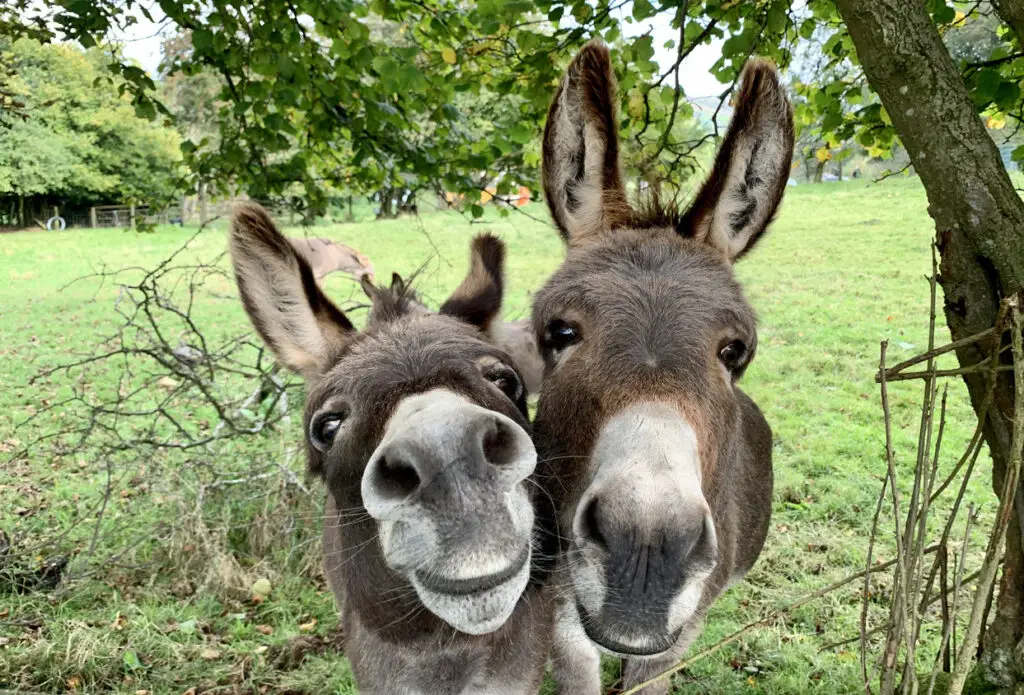
Back in the ‘20s, a rancher’s donkey got a little too comfortable snoozing in an abandoned bathtub. Everything was fine until a flood swept the tub (and the donkey) miles away, causing a rescue effort that took up a lot of time and resources. Lawmakers decided the best way to prevent a repeat situation was to make it illegal for donkeys to sleep in bathtubs. The law is still technically on the books today, though enforcement is pretty unlikely says Enjuris.
If you happen to have a donkey and a bathtub, you might want to keep them separate—just in case. While the law doesn’t ban donkeys from being in bathtubs, it does specify that sleeping is the issue. It’s one of those strange, old laws that people mostly laugh at now. But at one point, someone clearly thought this was a real problem.
2. In Alabama, It’s Illegal to Wear a Fake Mustache in Church

If you’ve ever been tempted to throw on a goofy fake mustache and head to church for a laugh, think twice in Alabama. There’s a law that makes it illegal to wear a fake mustache in church if it causes laughter. The key part is the “causes laughter” bit, which means the mustache itself isn’t the issue—it’s the disruption it might create. No one’s quite sure where this law came from, but it seems like an attempt to keep church services serious shares MSN.
It’s probably not something police are looking to enforce these days. Still, the law technically exists, meaning a mischievous prankster could get in trouble if their disguise gets too many chuckles. It’s one of those laws that makes you wonder what kind of chaos was happening in Alabama churches back in the day.
3. In Florida, You Must Pay for Parking if You Tie an Elephant to a Meter
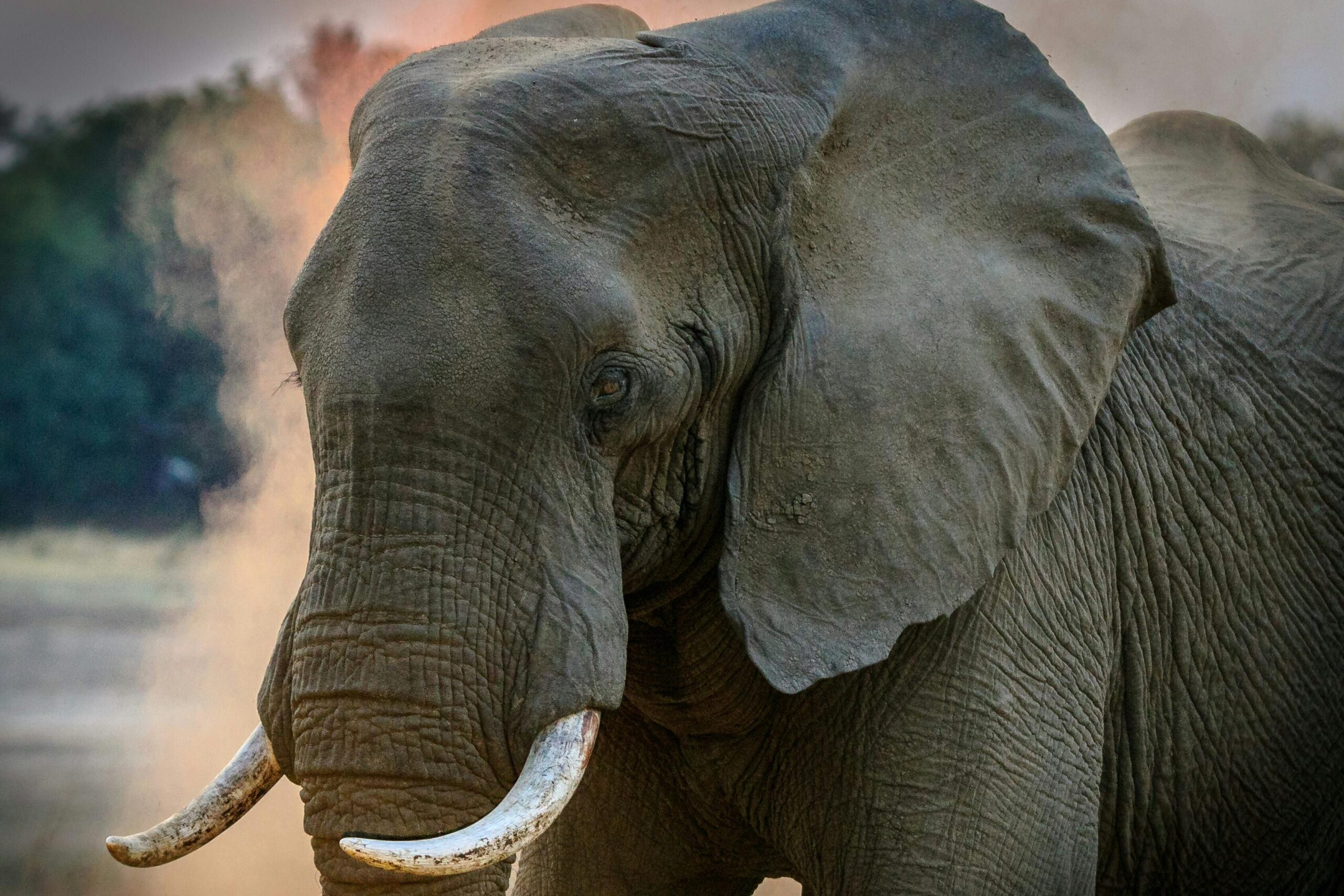
Florida’s laws don’t just apply to cars—if you tie an elephant to a parking meter, you’re expected to pay just like you would for a vehicle. The law reportedly came about when traveling circuses would stop in town and use parking meters to secure their animals. Rather than rewrite the laws to exclude animals, officials simply decided that an elephant counts as a mode of transportation adds the Law Place.
The law still exists, even though elephants aren’t exactly common on Florida streets anymore. If you ever find yourself leading a large exotic animal through a city, maybe keep some change on hand just in case. It’s a weird but hilarious example of laws trying to adapt to unexpected situations.
4. In Kentucky, It’s Illegal to Sell Dyed Chicks or Rabbits

Kentucky has a law that bans the sale of dyed chicks and rabbits, likely aimed at preventing people from impulse-buying colorful animals around Easter. The law makes sense from an animal welfare perspective, but it’s still funny to think lawmakers had to step in. Apparently, people were buying brightly colored chicks and bunnies without thinking about the long-term commitment.
If you were hoping to sell a neon pink rabbit in Kentucky, you’re out of luck. Some states have relaxed similar laws as long as the animals are dyed safely, but Kentucky still stands firm. It’s a reminder that some laws exist purely because people make questionable decisions.
5. In Oregon, You Can’t Go Hunting in a Cemetery

Oregon takes its cemeteries seriously, to the point where there’s an actual law against hunting within them. The idea of someone wandering through gravestones with a rifle is eerie, so it makes sense. But the fact that lawmakers had to clarify that cemeteries aren’t appropriate hunting grounds raises a lot of questions.
It’s not just about respect for the dead—safety is also a big factor. Firing weapons in a place where people are mourning their loved ones is obviously a bad idea. Thankfully, this is one law that most people probably don’t need reminding about.
6. In Connecticut, Pickles Must Bounce to Be Considered Pickles

Connecticut has some serious opinions about what makes a real pickle. According to state law, a pickle must bounce when dropped from a height to be officially recognized as a pickle. The rule came about after some shady businessmen tried to sell subpar pickles, prompting officials to set an unusual quality standard.
If you ever find yourself in Connecticut questioning the legitimacy of your pickles, give one a drop test. It’s one of those weird food laws that probably doesn’t get enforced but technically still exists. Who knew pickles had to prove themselves?
7. In Minnesota, It’s Illegal to Grease a Pig for a Contest
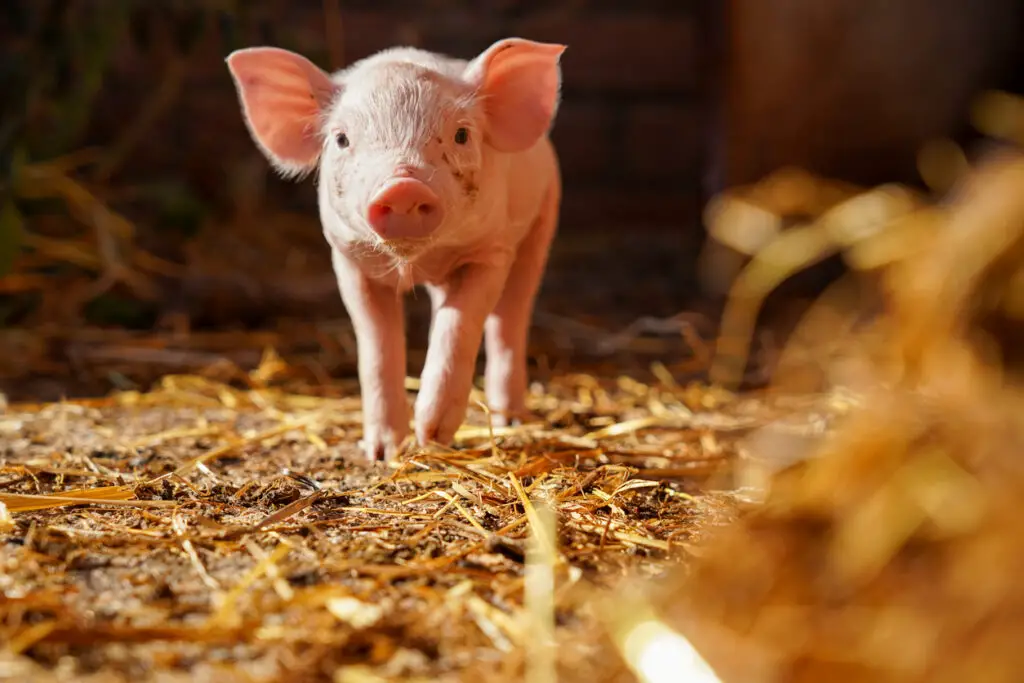
Minnesota has banned the practice of greasing up pigs for competitions, which seems like a surprisingly specific rule. Apparently, enough people were organizing pig-catching contests with slippery pigs that lawmakers decided it had to stop. The law is meant to protect the animals from unnecessary stress and potential harm.
It’s hard to imagine a time when greased pig contests were popular enough to need legal intervention. But somewhere along the line, it was a big enough issue that Minnesota took a stand. If you’re in the state and thinking about setting up a pig-catching game, you’ll have to do it the old-fashioned way—no grease allowed.
8. In Indiana, It’s Illegal to Catch Fish with Your Bare Hands
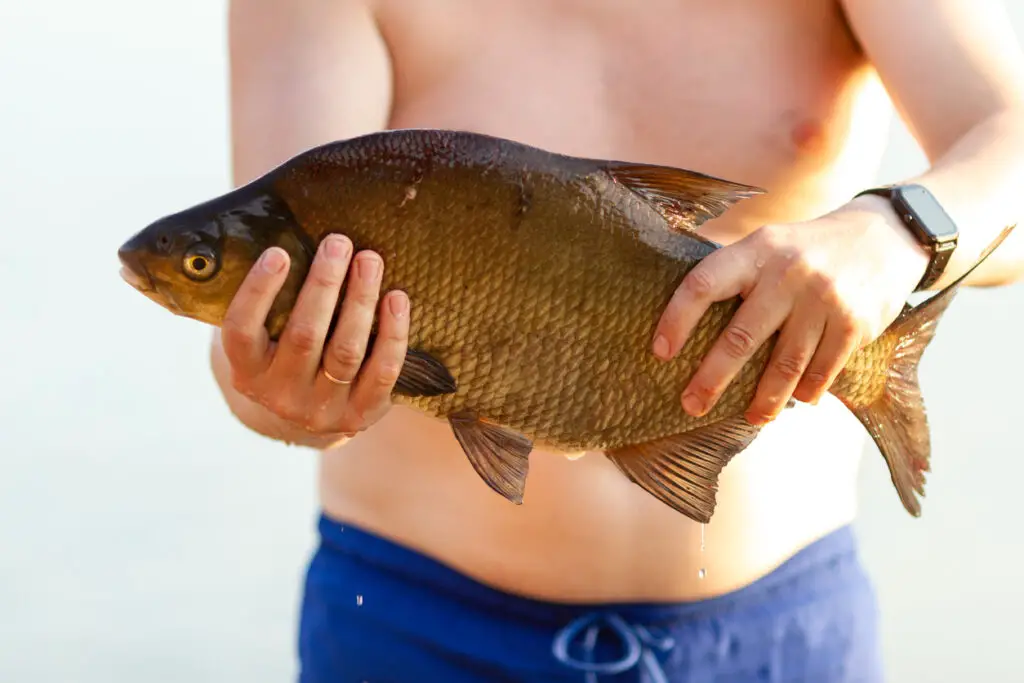
Indiana doesn’t want you catching fish the old-school way—by just grabbing them out of the water with your hands. The law is meant to protect fish populations and prevent overfishing, but it’s still funny to picture lawmakers discussing this. It’s known as “noodling” and is actually a popular sport in some places.
If you were hoping to channel your inner survivalist and catch dinner with your bare hands, you’ll need to go somewhere else. Indiana insists that fishing should be done with proper equipment. It’s one of those laws that probably doesn’t come up often but is still technically enforceable.
9. In California, It’s Illegal to Whistle for a Lost Canary Before 7 AM
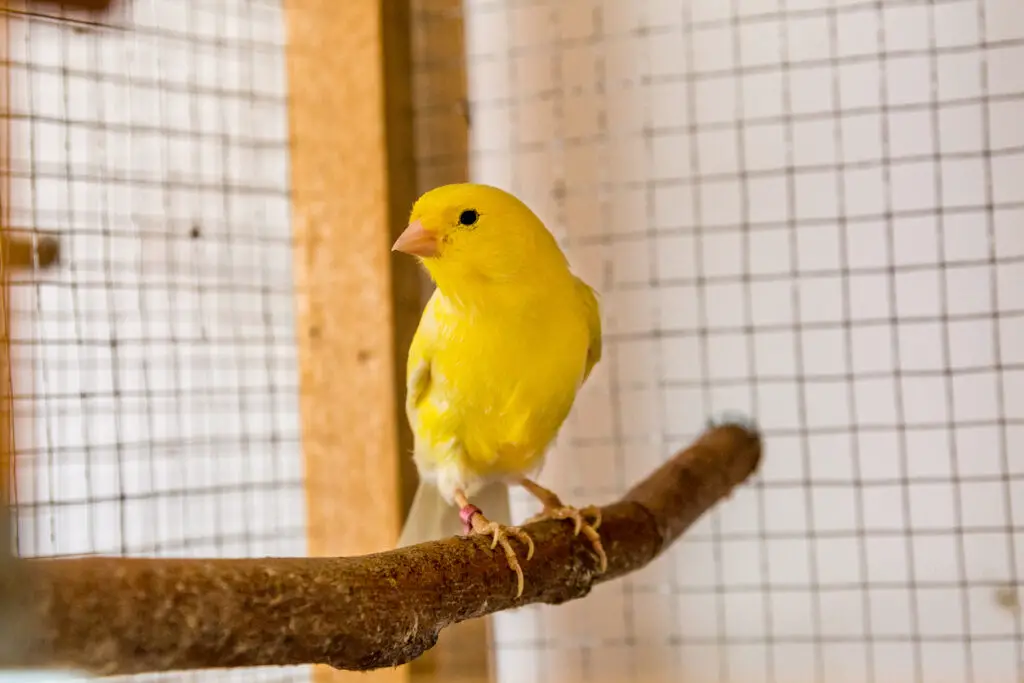
California has a law that specifically bans whistling for a lost canary before 7 AM. It seems like an oddly specific rule, but it likely falls under general noise ordinances. Early-morning canary calls must have been annoying enough that someone decided a law was necessary.
If your canary escapes, you’ll have to wait until a reasonable hour to start whistling. It’s a perfect example of laws that probably had good intentions but sound hilarious out of context. There’s no word on whether other birds get the same legal consideration.
10. In North Carolina, It’s Illegal to Use Elephants to Plow Cotton Fields
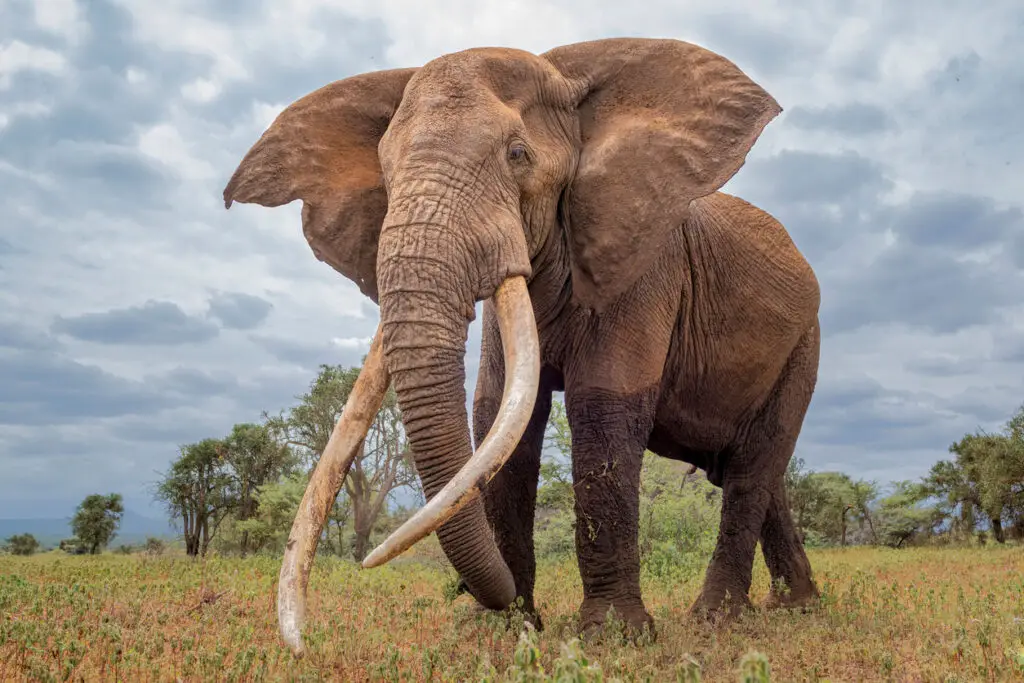
Apparently, North Carolina once had enough people using elephants for farm work that lawmakers had to intervene. The law specifically bans elephants from plowing cotton fields, though other types of farm work aren’t mentioned. It’s unclear if this was a real problem or just a precautionary measure, but it’s oddly specific.
If you happen to own an elephant in North Carolina, you’ll have to find another job for it. The law remains on the books, even though modern farms aren’t exactly elephant-friendly. It’s one of those strange rules that probably made more sense at some point in history.
